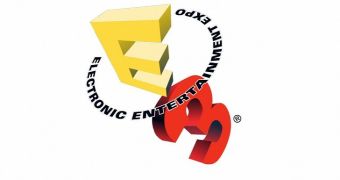Next week the 2014 edition of E3 takes place, which means that the biggest companies in the video games industry will show off their best and most interesting coming hardware and software, while trying to convince gamers that it’s a good idea to buy them when they finally launch.
I will be attending the event and plan to write as many news stories and hands-on reports about what I see as possible, but the subject I want to touch upon today is that of the effects that such a big show has on developers, the press, and fans.
The one word that defines how I feel during the E3 period is overloaded, unable to totally focus on the video games that I am seeing and the information I am getting about them because it’s so much that I cannot process it all in a solid way.
Developers and publishers are using the design of the stand, a constant barrage of trailers on outside screens on a loop and constant releases over the net to drag attention back to their own games, proportionally to the amount of resources they can spend, and the power of their marketing department.
This means it’s hard to know what info is just propaganda and who is offering actual interesting details about the games they are working on.
Indies have a smaller chance to make an impact despite the fact that they now have a presence at E3, and too often coverage is focused on big games that do not actually push the industry forward.
The focus on publicity and big announcements also means that most fans, who might not read the news every day, can miss info that they actually want and need only to re-discover it later, when it is no longer relevant.
For the press, the constant info barrage of E3 means that there is no chance to develop a deeper engagement with one developer or one title that has something interesting to offer.
The trade show is a symbol of the industry and does a great job of showcasing the best and biggest titles that will be launched in the coming 12 months, but it can be a problem to follow everything that’s being said and done.
After the overload of E3, the peaceful months of summer, sometimes almost deserted of new releases, are a good period to catch up, separate truth from fiction, and reflect on the state of the industry.

 14 DAY TRIAL //
14 DAY TRIAL //